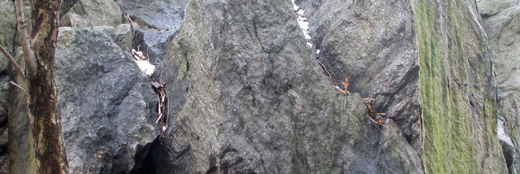Daily Office: Tuesday

¶ Matins: The Senate, a contra-democratic institution to begin with, operates according to rules of its own devising that, according to Thomas Geoghegan, are contra-Constitutional. Particularly the rule about filibusters (unlimited debates). (NYT)
¶ Lauds: We weren’t following The Online Photographer back in 2007, but Mike Johnston’s entry for 28 January of that year, “How to Read a Photographic Book,” deserves the attention of anyone who owns more than a few books of photographs.Â
¶ Prime: Is there a housing bubble in China? Or just a severe shortage? Steven Mufson’s report, at the Washington Post, considers the alternative views. We’re not sure that the distinction is important: in China, instability tends to cascade.(via Marginal Revolution)
¶ Tierce: Jonah Lehrer’s WSJ report on will power dates from the end of last month, but we don’t want you to miss it, especially if you’re looking to build up the muscles in your mind. (via The Frontal Cortex)
¶ Sext: Dave Bry is appalled by the Masons’ decision to induct a new Right Worshipful Grand Master not only in public, but at a convention center. (The Awl)
¶ Nones: This week in the Guardian, a series of articles about powerful international corporations. First up: Gazprom, the world’s largest producer of natural gas.
¶ Vespers: Two classic books about Higher Learning at Cambridge have been republished by Oleander Press. It’s a wonder that you can’t read Cat Burglary. (LRB)
¶ Compline: Further evidence that the Cold War is much missed: “Eurabian” apocalyptics. Justin Vaïsse looks into the clichés of European Islamicization, at Foreign Policy. Mr Vaïsse points out that, outside a few cities, the Moslem population of Europe is unlikely to exceed ten percent. (via The Morning News)Â
